
Get familiar with the key legislation that impacts sea anglers in the UK
The UK offers some of the most accessible and liberal rights for recreational sea anglers anywhere in the world. Unlike many other countries, anglers in the UK do not need a licence to fish in saltwater, and the vast majority of species are not subject to strict daily bag limits. This freedom allows close to a million anglers to enjoy the coastline each year with minimal red tape.
However, important legal protections do apply to certain species and areas, designed to conserve fish stocks and protect sensitive marine habitats. From seasonal bass restrictions to specific measures for bluefin tuna, black bream, and the introduction of Highly Protected Marine Areas (HPMAs), staying informed about the latest rules is essential for responsible and legal angling. Local byelaws enforced by Inshore Fisheries and Conservation Authorities (IFCAs), and Public Space Protection Orders (PSPOs) in certain areas, also play a growing role in managing recreational fishing activity.
It is impossible to ever provide a full and concise list, so care should be taken to check with the local IFCA on any additional legislation or recent updates.
Species with specific legislation (Select each for more detail)
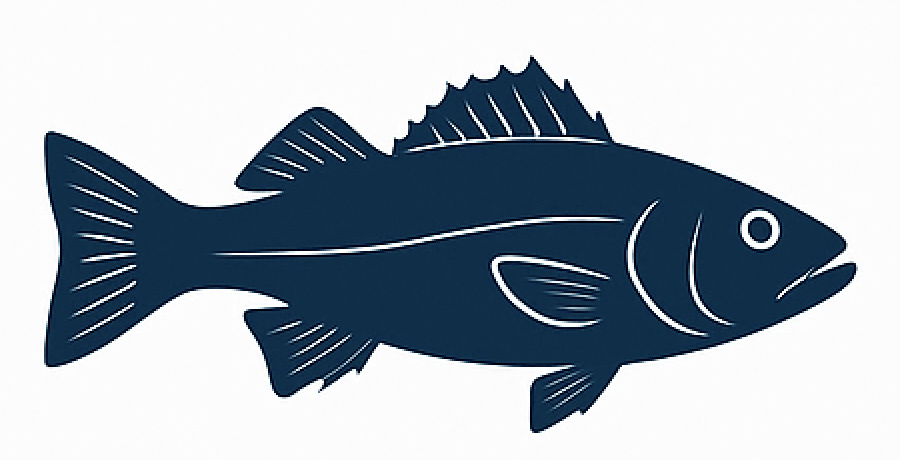
Bass
Sea bass are subject to strict UK regulations including minimum size, seasonal closures, and daily bag limits to protect spawning stocks.
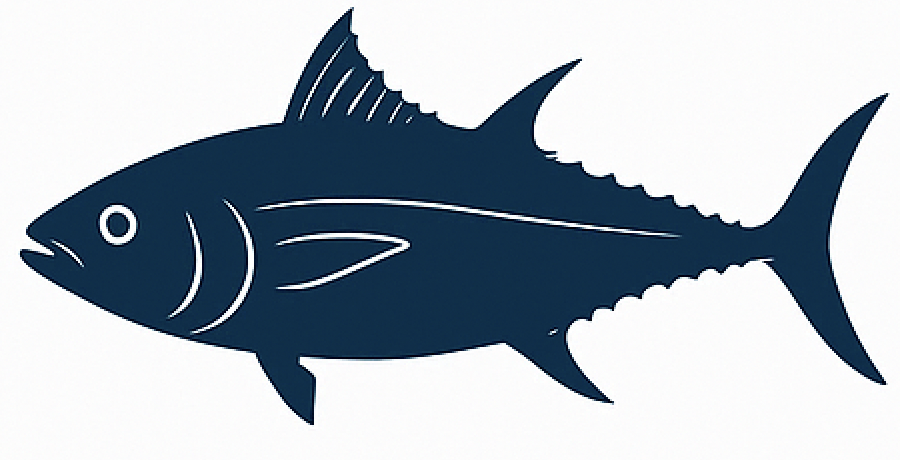
Bluefin Tuna
Bluefin tuna can only be legally targeted in UK waters under a permit for catch-and-release, targeting them without authorisation is prohibited.
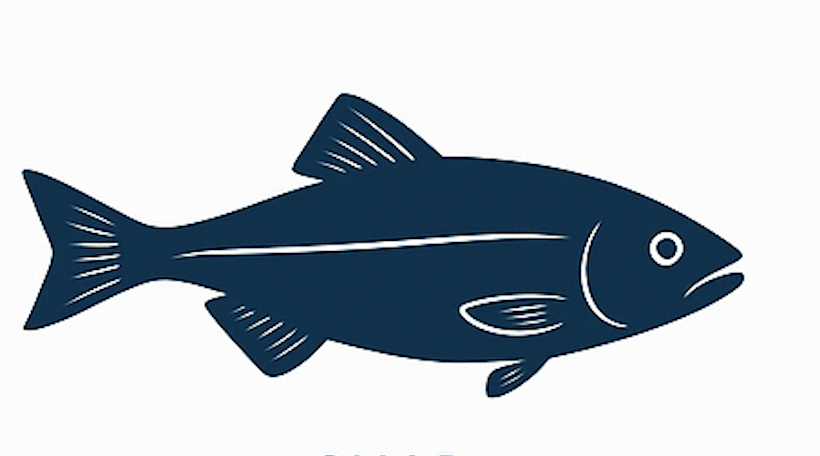
Shad
Allis and Twaite shad are fully protected species in the UK — it is illegal to target, retain or intentionally disturb them while fishing.
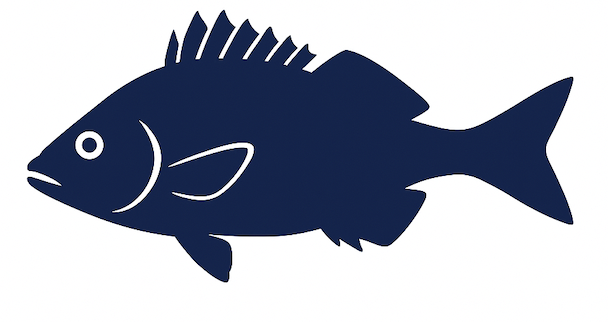
Black Bream
Black bream benefit from local protections during their spring spawning season, with some areas closed to angling.
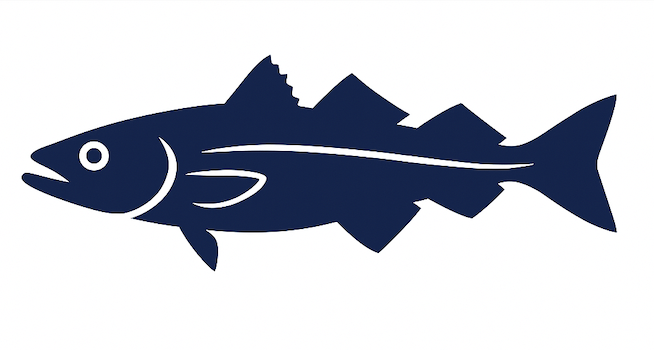
Pollack
Pollack currently face no formal UK bag limits, but conservation concerns have led to voluntary catch limits and handling advice, especially in the South West.

Sharks, Skates and Rays
Many UK shark, skate and ray species are subject to strict protections, with several species illegal to retain and all best released alive.
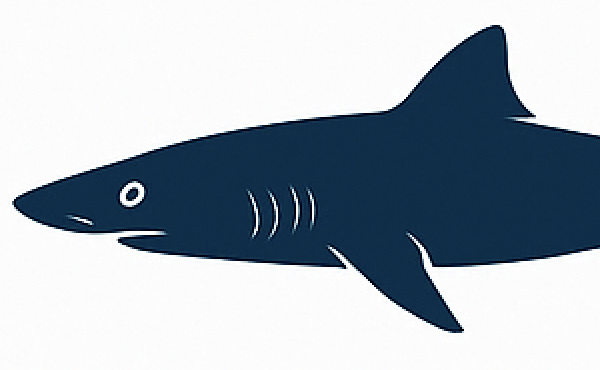
Tope
Tope are a protected species in UK waters, with retention prohibited and best-practice guidelines in place for catch and release.
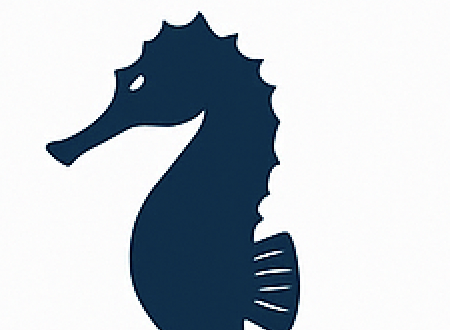
Seahorses
Seahorses are a protected species in the UK, and anglers should take care to avoid disturbing them while fishing or when encountered in coastal waters.
Know your HPMAs (Highly Protected Marine Areas)
Highly Protected Marine Areas (HPMAs) are zones in UK waters where all extractive, destructive and depositional activities, including recreational sea angling , are prohibited to allow full ecosystem recovery. While currently limited in number, the UK Government has signalled that more HPMAs may be designated in the future following public consultation and scientific assessment.
The outcome of previous consultations has shown that well-informed, constructive responses from sea anglers and other marine stakeholders can make a genuine impact on how sites are selected and managed. It is therefore crucial that recreational anglers engage fully in any future consultation processes to ensure their voice is heard and to help shape policies that balance conservation with sustainable public access.
The following locations have active current HPMA statuses. You can click for more information on each.
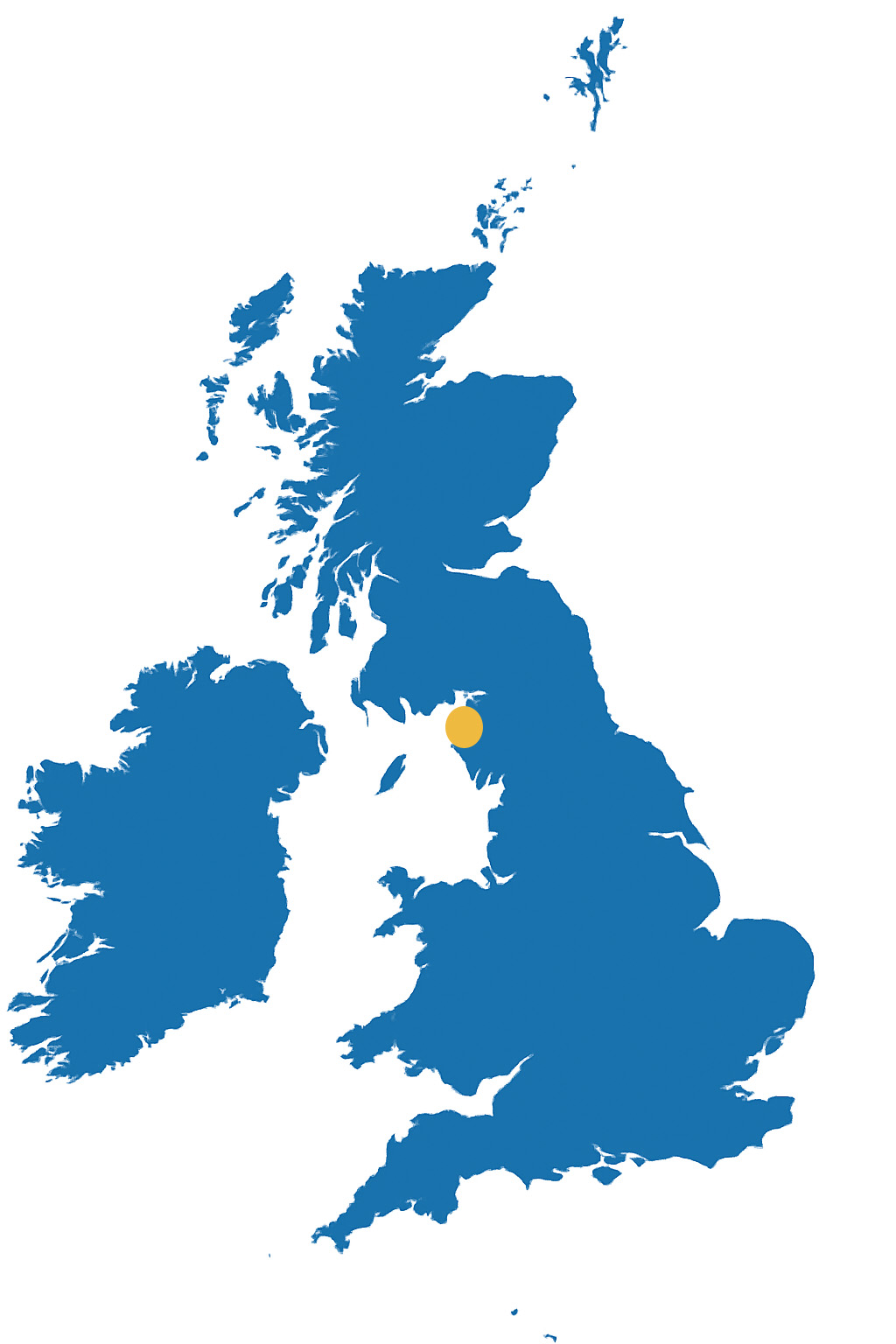
Allonby bay, Cumbria, Solway Firth
A coastal HPMA protecting intertidal mudflats and sandflats, crucial for diverse marine life and bird species.
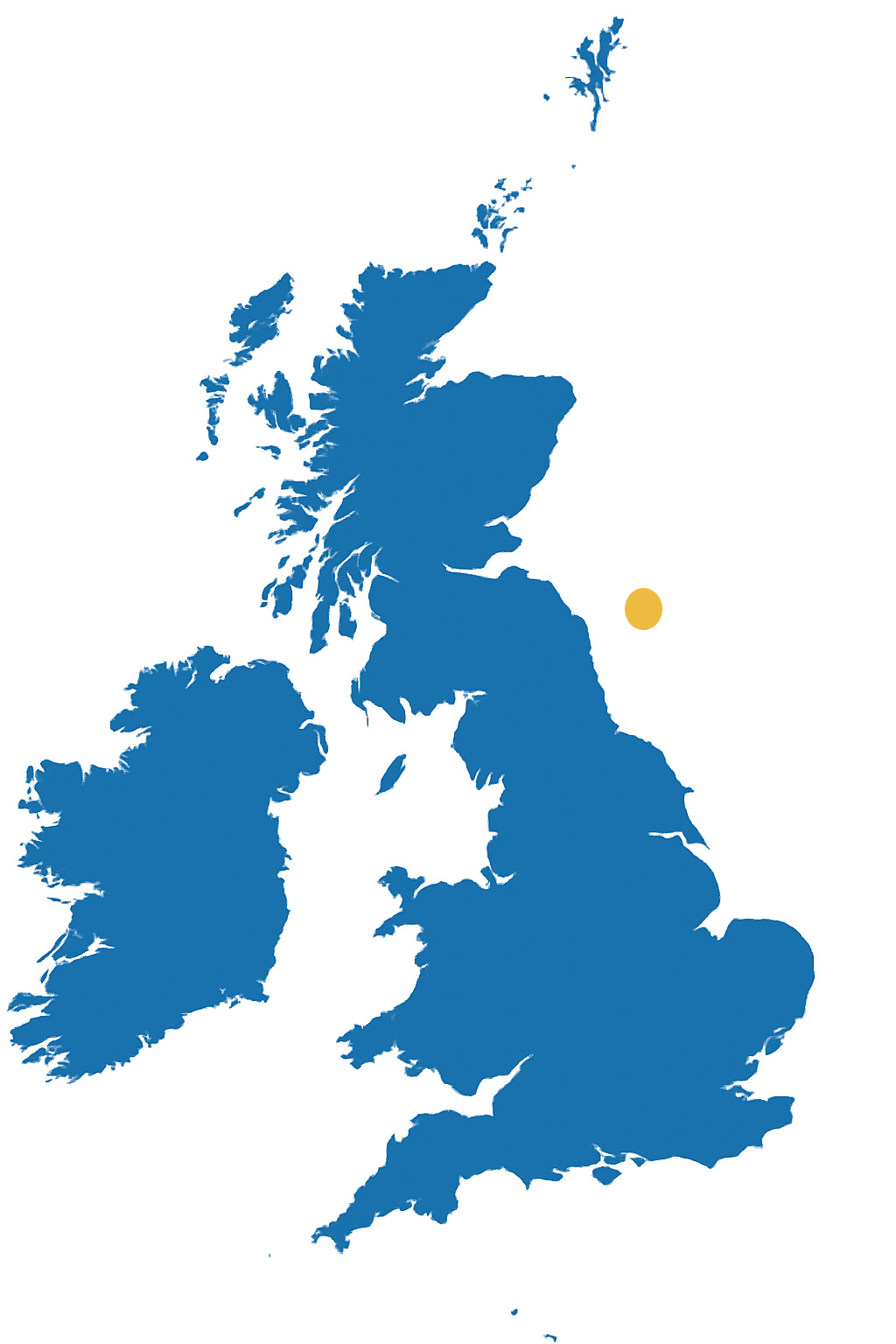
North East of Farnes Deep, North Sea
An offshore HPMA safeguarding deep-sea habitats and species, including sponges and starfish.
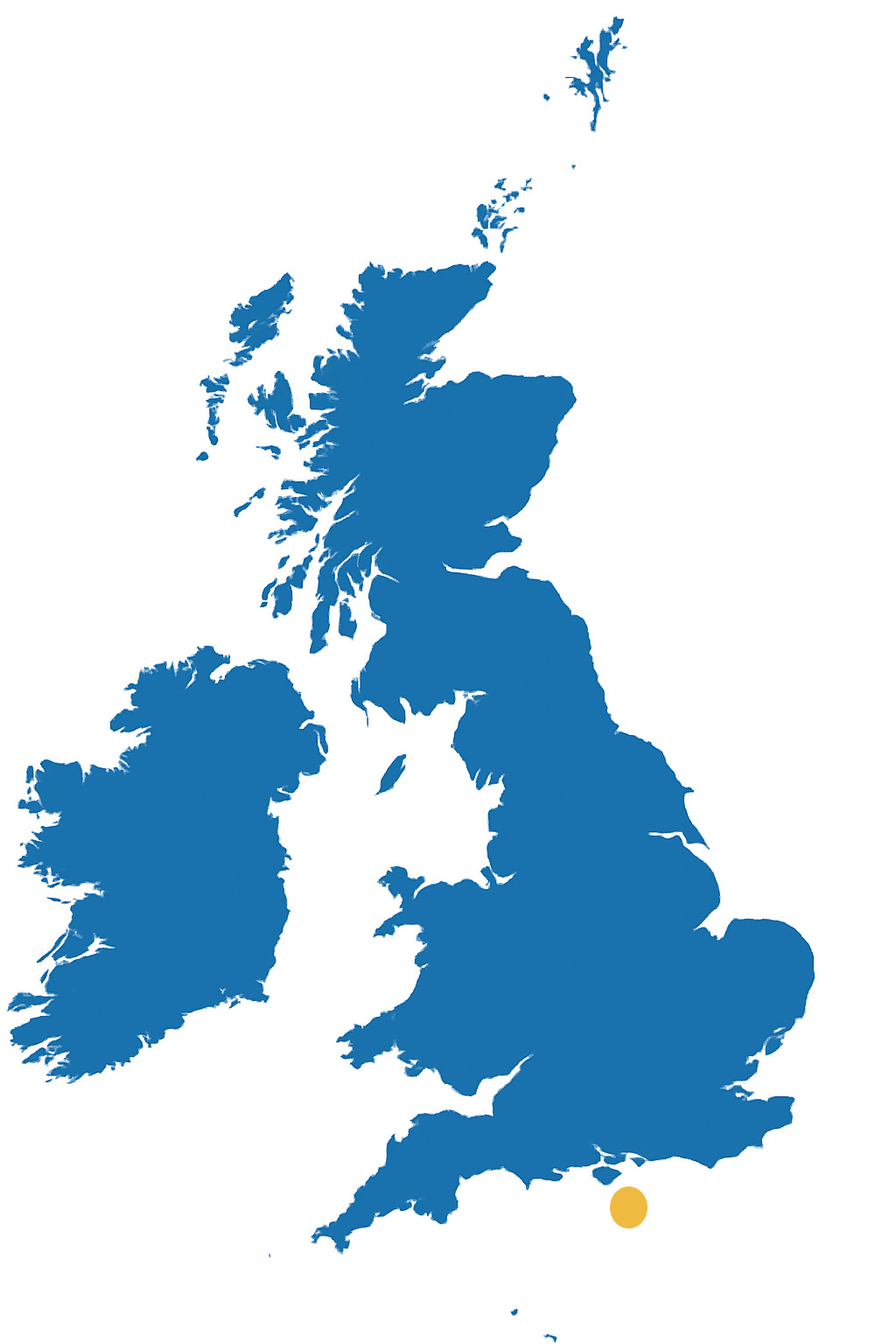
Dolphin Head, West Sussex, English Channel
A marine area designated to protect subtidal habitats and promote biodiversity in the English Channel.
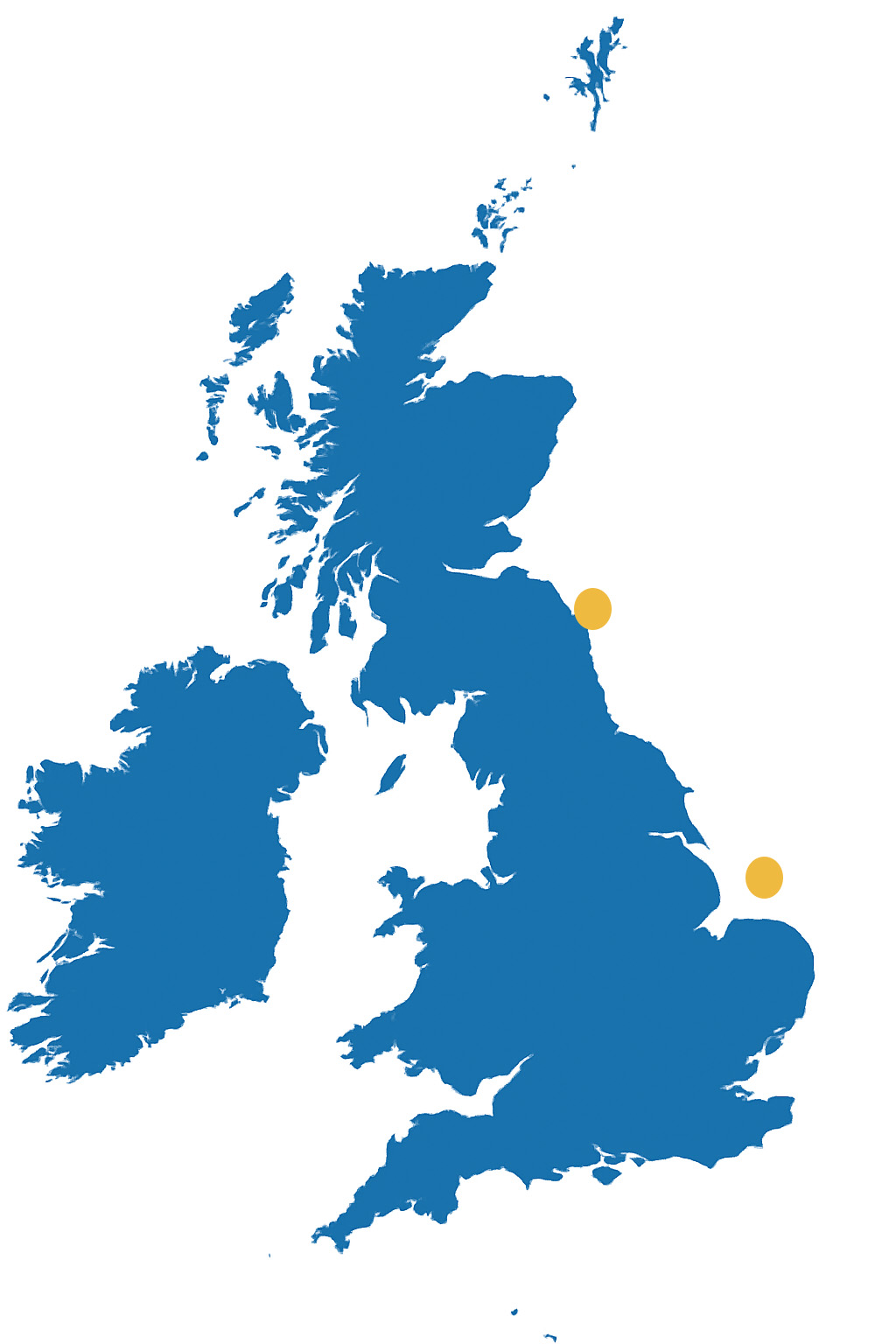
Proposed sites rejected for HPMA Status
Lindisfarne and Inner Silver Pit South, were not designated as HPMAs. The decision was influenced by concerns over socioeconomic impacts.
IFCA Byelaws
While national legislation sets broad rules for recreational sea angling, many of the most specific and impactful regulations are introduced at a local level by England’s ten Inshore Fisheries and Conservation Authorities (IFCAs). These regional bodies manage inshore waters out to six nautical miles and are responsible for conserving fish stocks, protecting habitats, and ensuring sustainable fishing, including for recreational anglers. IFCA byelaws vary by district and can include seasonal closures, gear limits, bait digging restrictions, and species-specific protections. It’s essential that anglers check the local byelaws before fishing, as breaching them can lead to fines or enforcement action. Understanding and respecting these rules helps protect the fisheries we all depend on.
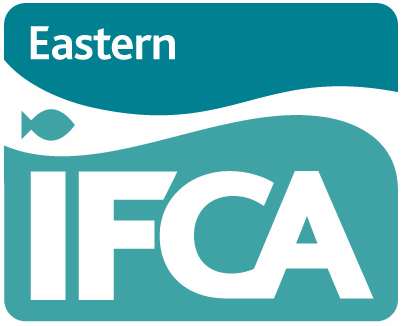
Eastern IFCA
Covers the Lincolnshire, Norfolk, and Suffolk coasts. Notable for seasonal netting closures, marine protected area regulations, and bait digging restrictions in estuaries and mudflats.
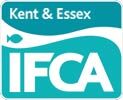
Kent & Essex IFCA
Focuses heavily on Marine Conservation Zone (MCZ) protections, gear limitations, and seasonal netting bans, especially in estuaries and nursery areas.
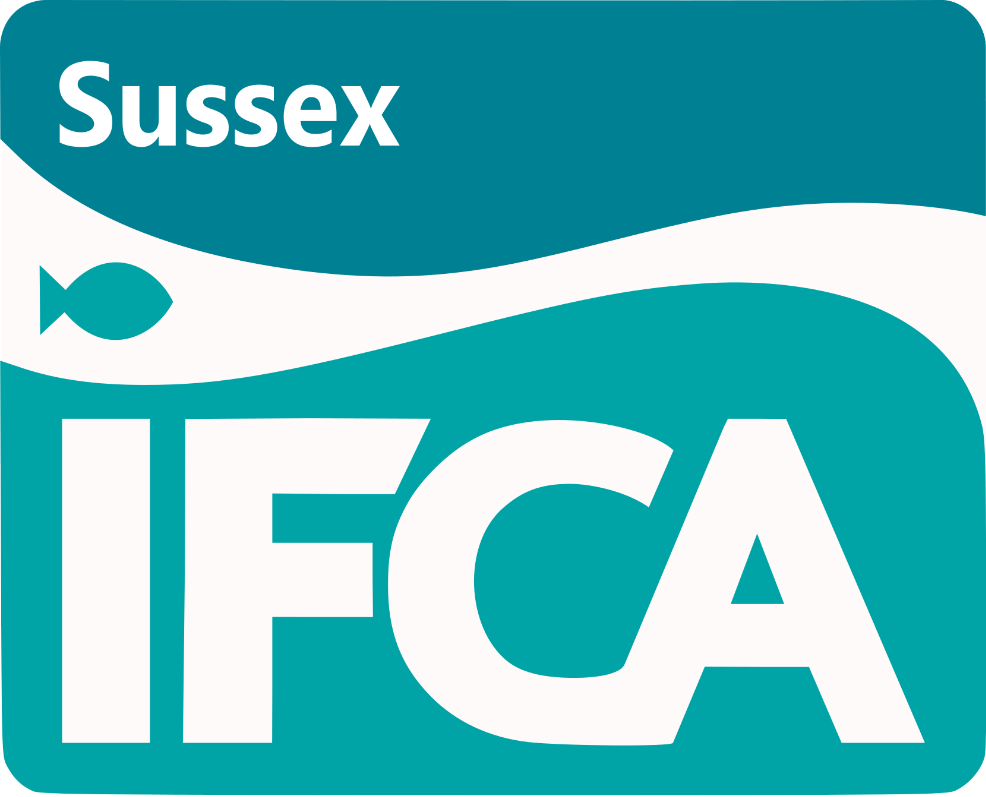
Sussex IFCA
Known for black bream spawning closures, netting restrictions near reefs, and regulations within MCZs like Kingmere Reef.
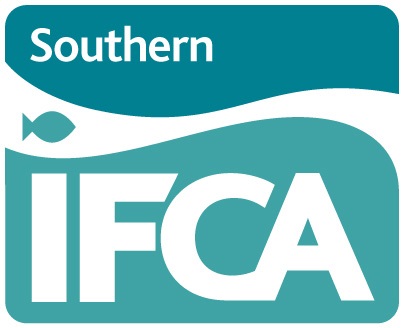
Southern IFCA
Covers Dorset, Hampshire, and the Isle of Wight. Imposes rod and line gear limits, bait digging controls, and protections for seagrass beds and wrasse habitats.
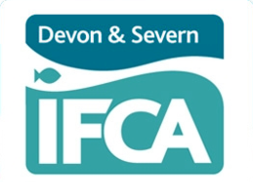
Devon & Severn IFCA
Manages diverse inshore habitats from Exmouth to Gloucester. Has detailed rules on netting, wrasse retention, and restrictions within estuarine nursery areas.
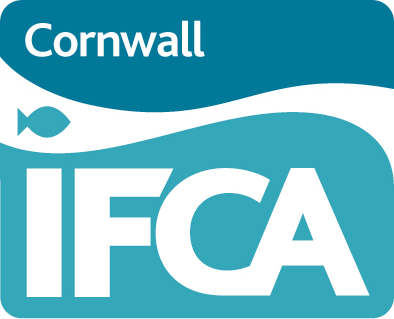
Cornwall IFCA
Noted for restrictions on the live wrasse fishery and species protections in areas like the Fal estuary, including no-take zones and MCZ compliance.
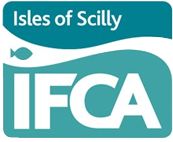
Isles of Scilly IFCA
Smallest IFCA jurisdiction. Emphasises habitat protection, minimal exploitation, and preservation of local fish stocks through low-impact byelaws.
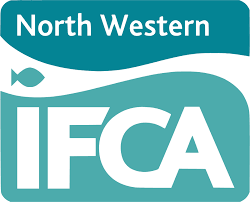
North Western IFCA
Covers Cumbria, Lancashire, and part of Merseyside. Enforces bass nursery area restrictions, cockle and mussel harvesting regulations, and beach bait collection limits.
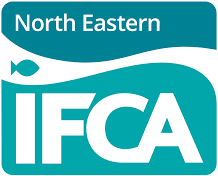
North Eastern IFCA
Responsible for the Yorkshire and North East Lincolnshire coast. Focuses on netting limits, intertidal gathering regulations, and seabed habitat protections.
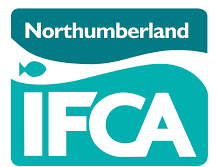
Northumberland IFCA
Manages inshore fisheries along the Northumberland coast, including parts of the North Sea, with key focus on sustainable netting, lobster and crab fisheries, and protection of designated habitats.
IFCAs are also responsible for setting many minimum conservation reference sizes (MCRS), or minimum landing sizes (MLS), though some are set nationally. You should never retain a fish below such sizes. We have opted not to publish them here as they can quickly go out of date, but the IFCA sites linked above will hold all of this information for the area you intend to fish.
Other Key Angling Legislation and Considerations
Public Space Protection Orders (PSPOs)
PSPOs are introduced by local authorities to address antisocial behaviour or environmental concerns in public areas. While they’re not specific to angling, they can sometimes restrict or ban fishing from locations such as:
Piers and promenades
Harbours and marina walls
Urban riverbanks or quaysides
These restrictions vary by location and are typically signposted, but not always clearly, so it’s advisable to check the local council’s website or contact their enforcement team if you’re unsure.
Licensing for Recreational Sea Angling
In general, no licence is required to fish recreationally in saltwater in the UK. However, there are a few important exceptions:
Freshwater fishing (rivers, lakes, canals) requires an EA rod licence in England and Wales.
Migratory species (e.g. salmon, sea trout) require a licence, even if caught in tidal waters.
Some private estates, harbours, or club-run piers may require local permits.
Bluefin tuna may only be targeted under a specialpermit.
If you’re fishing above the mean high water mark or within estuarine systems, it’s best to double-check whether a freshwater licence applies.
What About Scotland, Wales & Northern Ireland?
This page focuses on English legislation, but laws differ elsewhere in the UK:
Scotland
Managed by Marine Scotland.
Anglers have a general right to access the shore, but all salmon fishing requires permission.
Some lochs, rivers, and estuaries are privately controlled or require permits.
Wales
Managed by Natural Resources Wales (NRW).
Sea angling is mostly unrestricted, but many estuaries and inland areas fall under freshwater or migratory fish licensing.
Additional restrictions may apply in MPAs or under Welsh Government fisheries orders.
Northern Ireland
Managed by DAERA (Department of Agriculture, Environment and Rural Affairs).
Sea angling is permitted in most areas, but licences are required for game fishing and some coastal netting methods.
Shellfish regulations are stricter than in England.
Reporting Illegal Fishing or Wildlife Crime
If you witness or suspect illegal fishing, the disturbance of protected species, or environmental harm, you can report it to the following bodies:
Illegal netting or unlicensed commercial activity
→ Report to your local IFCA or the Marine Management Organisation (MMO)
→ MMO 24-hour reporting line: 0300 123 1032Disturbance or harm to protected species (e.g. seahorses, dolphins, nesting seabirds)
→ Report to DEFRA or via 101 (ask for a Wildlife Crime Officer)General environmental concerns
→ Report to the Environment Agency (England) via 0800 80 70 60Anonymous tips (e.g. suspected fish sales, illegal nets)
→ Crimestoppers: https://crimestoppers-uk.org


YourAnglingVoice is a trading name of National Fishing Voucher, company number: 15931819.Registered address: 27 Jasmine Way, Weston-super-mare, BS24 7JW